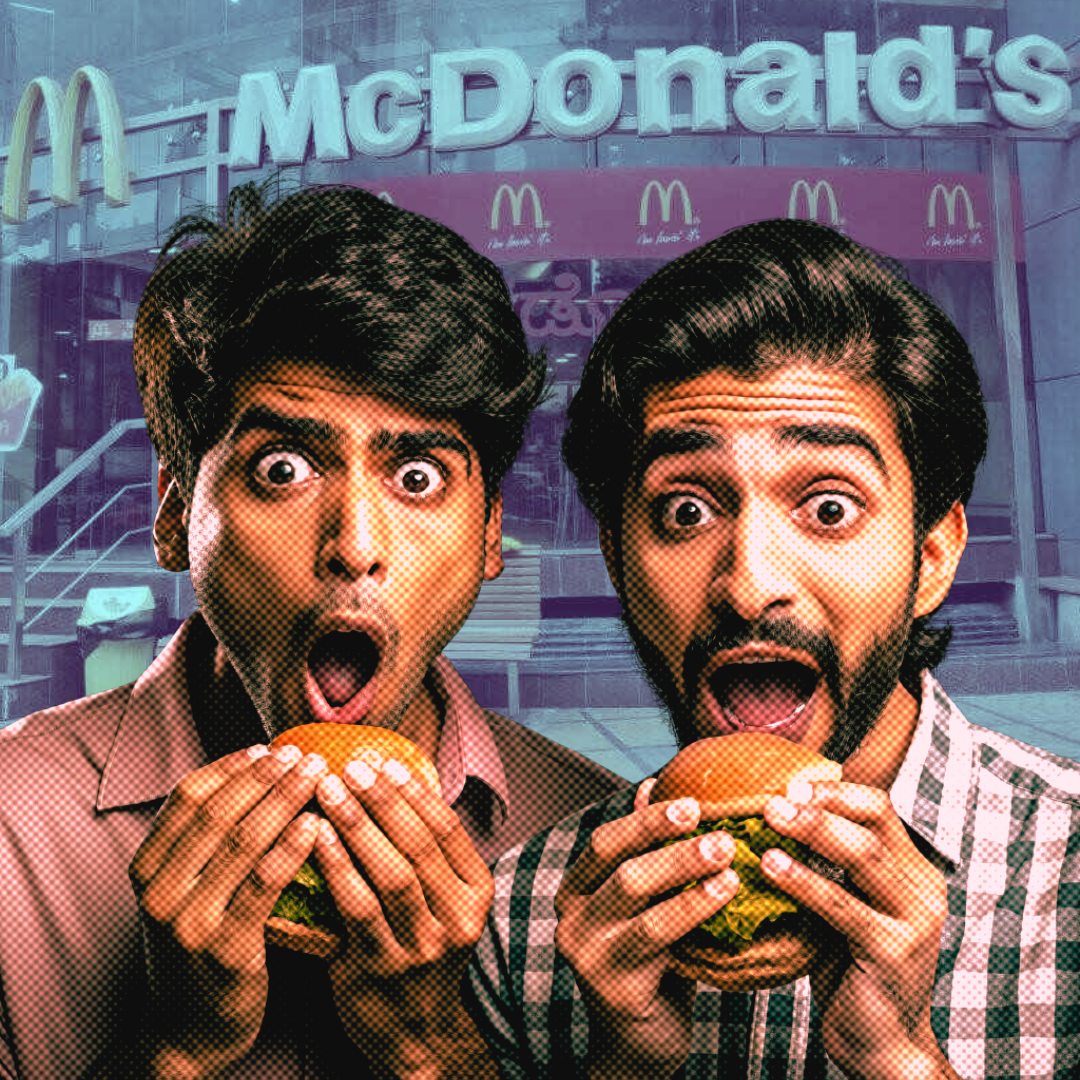In October 2024, McDonald’s faced renewed scrutiny due to a deadly E. coli outbreak linked to its Quarter Pounder hamburgers, resulting in one death and at least 49 illnesses across ten states. Federal investigators identified fresh slivered onions as a likely source of the contamination, prompting McDonald’s to pull Quarter Pounders from 20% of its U.S. locations. This incident highlights ongoing concerns about food safety at the fast-food giant, which has faced similar issues globally and in India.
Global Food Safety Challenges
McDonald’s has historically grappled with food safety controversies. The recent E. coli outbreak is reminiscent of past incidents, including a significant recall of beef products in the early 2000s due to E. coli contamination. The company has since implemented stricter quality control measures, but outbreaks still occur, raising questions about its supply chain and food preparation practices.In response to the outbreak, McDonald’s emphasized that its beef is sourced from multiple suppliers and cooked at temperatures sufficient to kill harmful bacteria. However, the rapid identification of onions as a potential source indicates vulnerabilities in ingredient sourcing and preparation protocols.
Issues in India
In India, McDonald’s has also faced scrutiny regarding food quality and safety. In December 2017, the company warned customers against eating at 169 outlets operated by Connaught Plaza Restaurants Ltd (CPRL), citing “serious compliance risks” related to food safety standards. This warning came amid a bitter legal dispute between McDonald’s and CPRL over operational compliance.More recently, in October 2023, the Maharashtra FDA suspended a McDonald’s outlet’s license for using cheese substitutes instead of real cheese, leading to public outrage. The FDA’s inspections revealed unhygienic conditions at several outlets, further damaging the brand’s reputation.
Consumer Trust at Stake
These incidents pose significant risks to consumer trust in McDonald’s, particularly as health awareness grows among diners. Customers are increasingly demanding transparency regarding ingredient sourcing and food safety practices. The backlash against McDonald’s in both the U.S. and India underscores a broader trend where consumers expect accountability from fast-food chains. To mitigate these challenges, McDonald’s has been proactive in addressing food safety concerns by enhancing quality control measures and engaging with local communities to restore confidence. The company’s response to the E. coli outbreak will be crucial in shaping public perception moving forward.
Conclusion
The recent E. coli outbreak in the U.S. and ongoing food safety issues in India illustrate the complex challenges facing McDonald’s as it strives to maintain its global reputation. As consumers become more health-conscious and informed about food sourcing practices, it is imperative for companies like McDonald’s to prioritize transparency and accountability in their operations to ensure customer trust in an increasingly competitive market.












